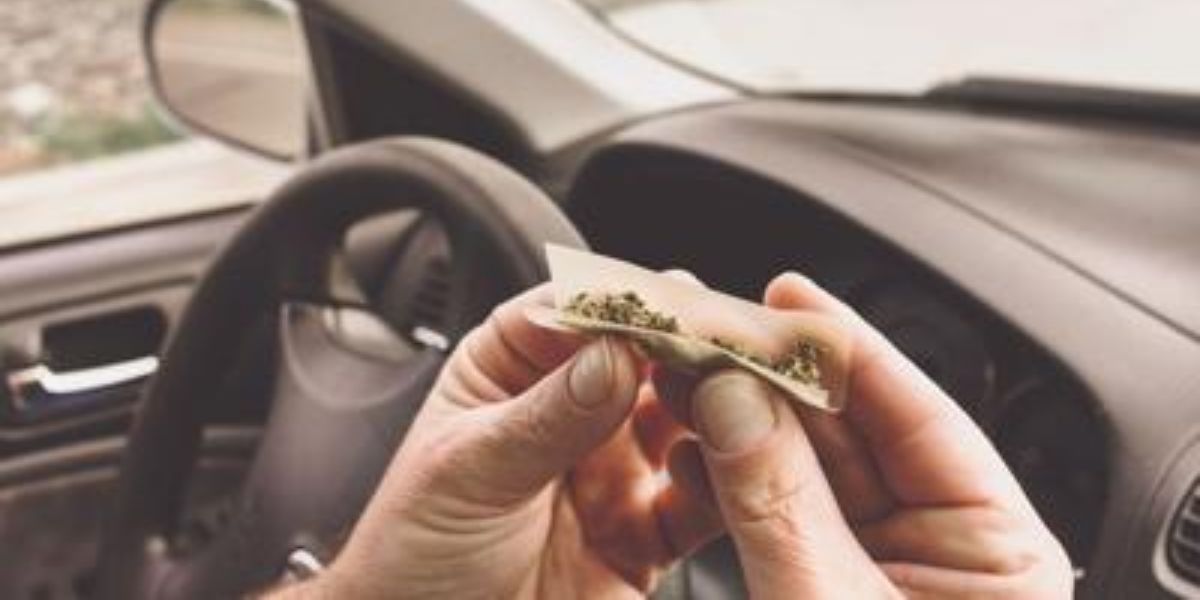Since Illinois legalized recreational marijuana in January 2020, the state has experienced a significant increase in cannabis-related traffic incidents. While the legislation has generated substantial tax revenue and reduced arrests for marijuana possession, it has also raised concerns about road safety.
Studies indicate that the legalization of recreational cannabis is linked to a rise in motor vehicle crashes, both nationally and within Illinois.
National Trends: A Growing Concern
Research from the University of Illinois Chicago School of Public Health analyzed data from seven states that legalized recreational cannabis between 2009 and 2019. The study found that, on average, these states experienced a 10% increase in motor vehicle crash fatalities post-legalization. Specifically, states like Colorado, Oregon, Alaska, and California saw increases ranging from 14% to 22%.
Similarly, a study by the Insurance Institute for Highway Safety (IIHS) reported a 6% rise in injury crash rates and a 4% increase in fatal crash rates in states that legalized recreational marijuana, compared to neighboring states where marijuana remained illegal.
Illinois: A Microcosm of the National Trend
In Illinois, the legalization of recreational marijuana has coincided with a troubling uptick in drug-impaired driving incidents. According to a 2023 analysis by the Daily Herald, the number of drivers involved in fatal crashes who tested positive for drugs increased by 78% from 2013 to 2021. Notably, the number of drivers testing positive for cannabinoids, including marijuana, surged by 111% during the same period.
This data suggests that while marijuana use has become more prevalent, there is a corresponding rise in drug-impaired driving, which poses significant risks to road safety.
Factors Contributing to Increased Drug-Impaired Driving
Several factors may contribute to the rise in drug-impaired driving incidents:
- Increased Accessibility: Legalization has made marijuana more accessible, leading to higher consumption rates among drivers.
- Lack of Awareness: There is a general lack of public awareness regarding the impairing effects of marijuana on driving abilities.
- Inadequate Testing Methods: Current roadside testing methods are less effective in detecting marijuana impairment compared to alcohol, making it challenging to identify impaired drivers.
- Combination with Other Substances: Some drivers may combine marijuana use with alcohol or other drugs, which can significantly impair driving abilities.
Policy Implications and Recommendations
To address the surge in drug-impaired driving, several measures can be considered:
- Public Education Campaigns: Implement statewide campaigns to educate drivers about the dangers of driving under the influence of marijuana.
- Enhanced Law Enforcement Training: Provide law enforcement with advanced training and tools to detect drug impairment effectively.
- Development of Standardized Testing Methods: Invest in research to develop reliable roadside testing methods for marijuana impairment.
- Stricter Penalties: Enforce stricter penalties for drug-impaired driving to deter individuals from engaging in such behavior.
Conclusion
While the legalization of recreational marijuana in Illinois has brought about economic benefits and social justice reforms, it has also introduced new challenges in terms of road safety. The increase in drug-impaired driving incidents underscores the need for comprehensive strategies to mitigate risks and ensure the safety of all road users. By implementing targeted policies and public education initiatives, Illinois can address the unintended consequences of marijuana legalization and promote safer driving practices.






